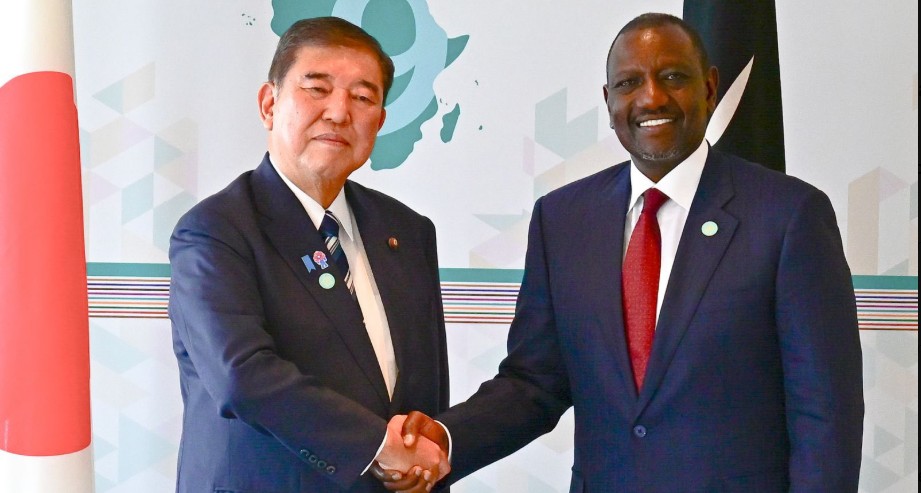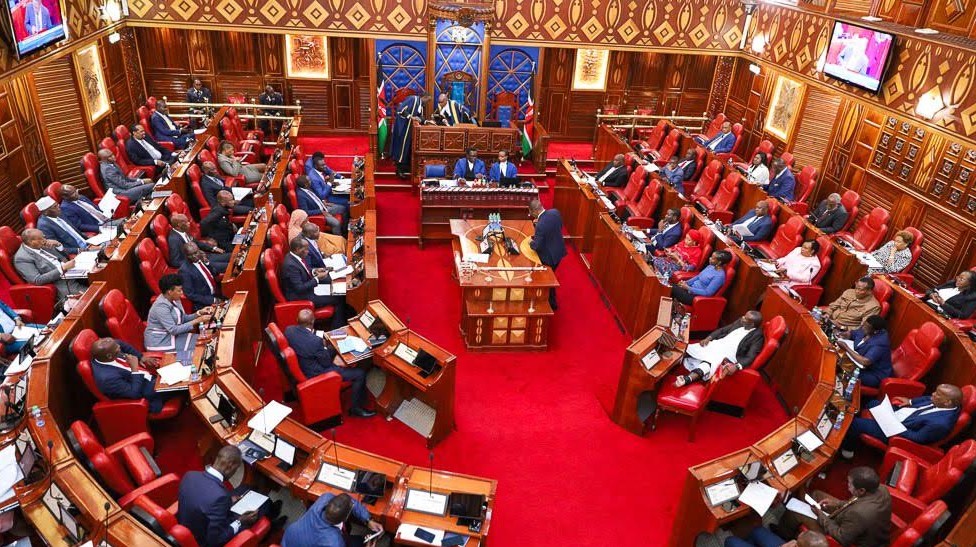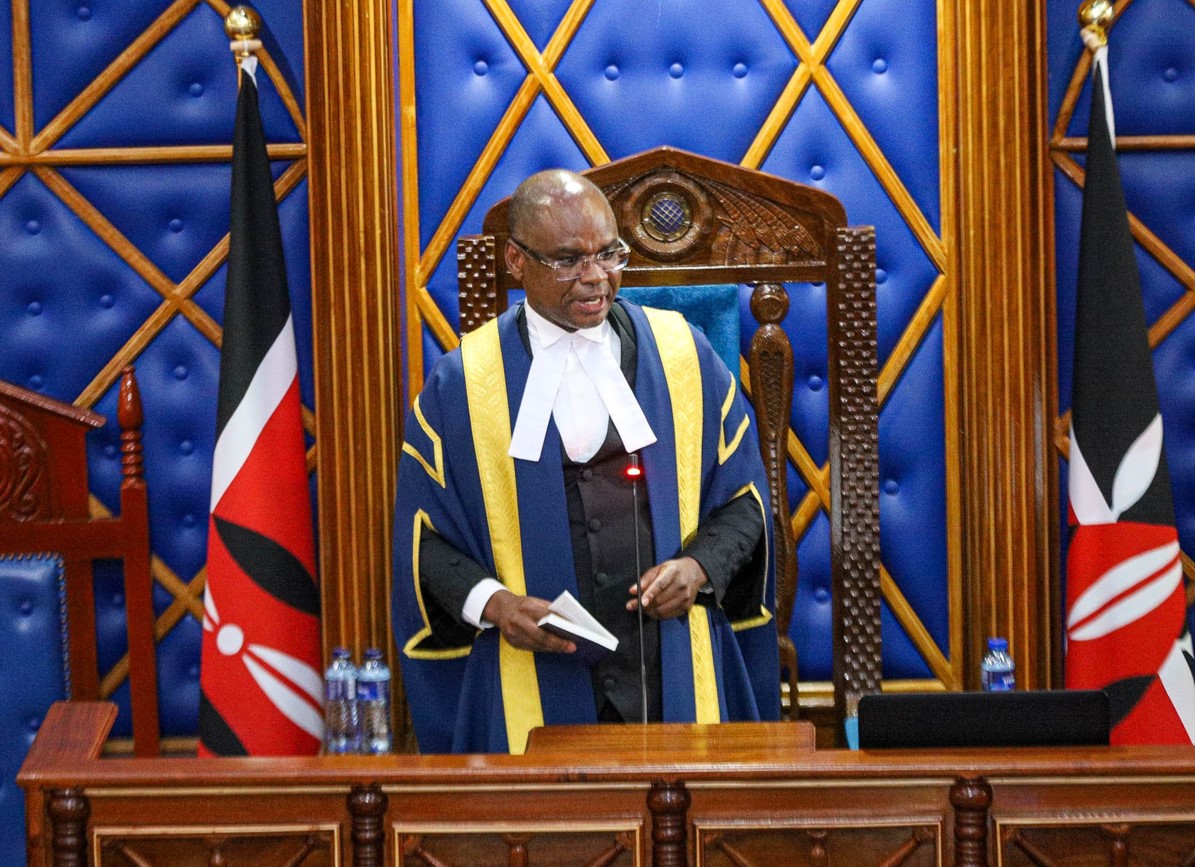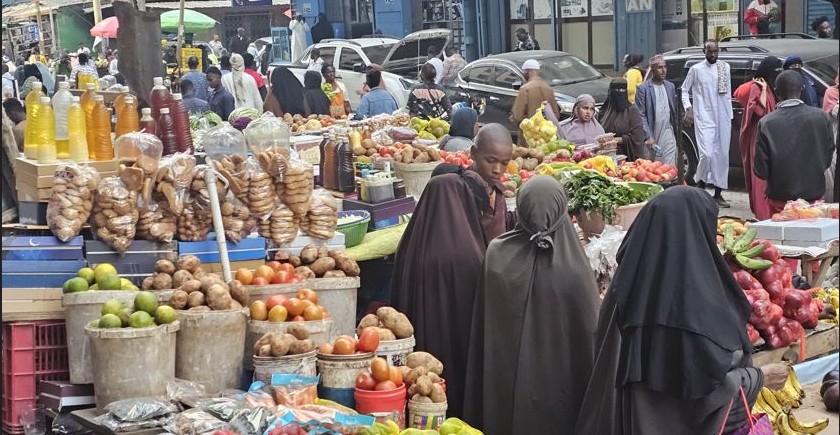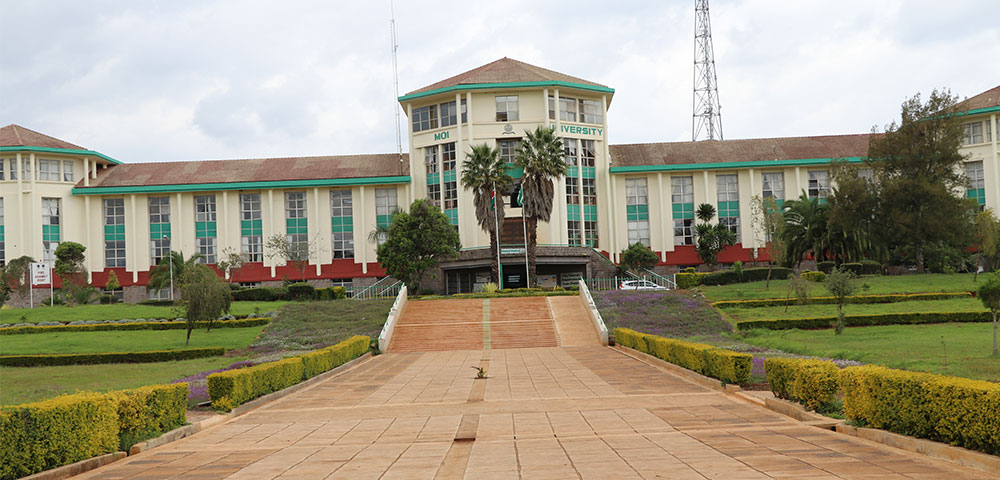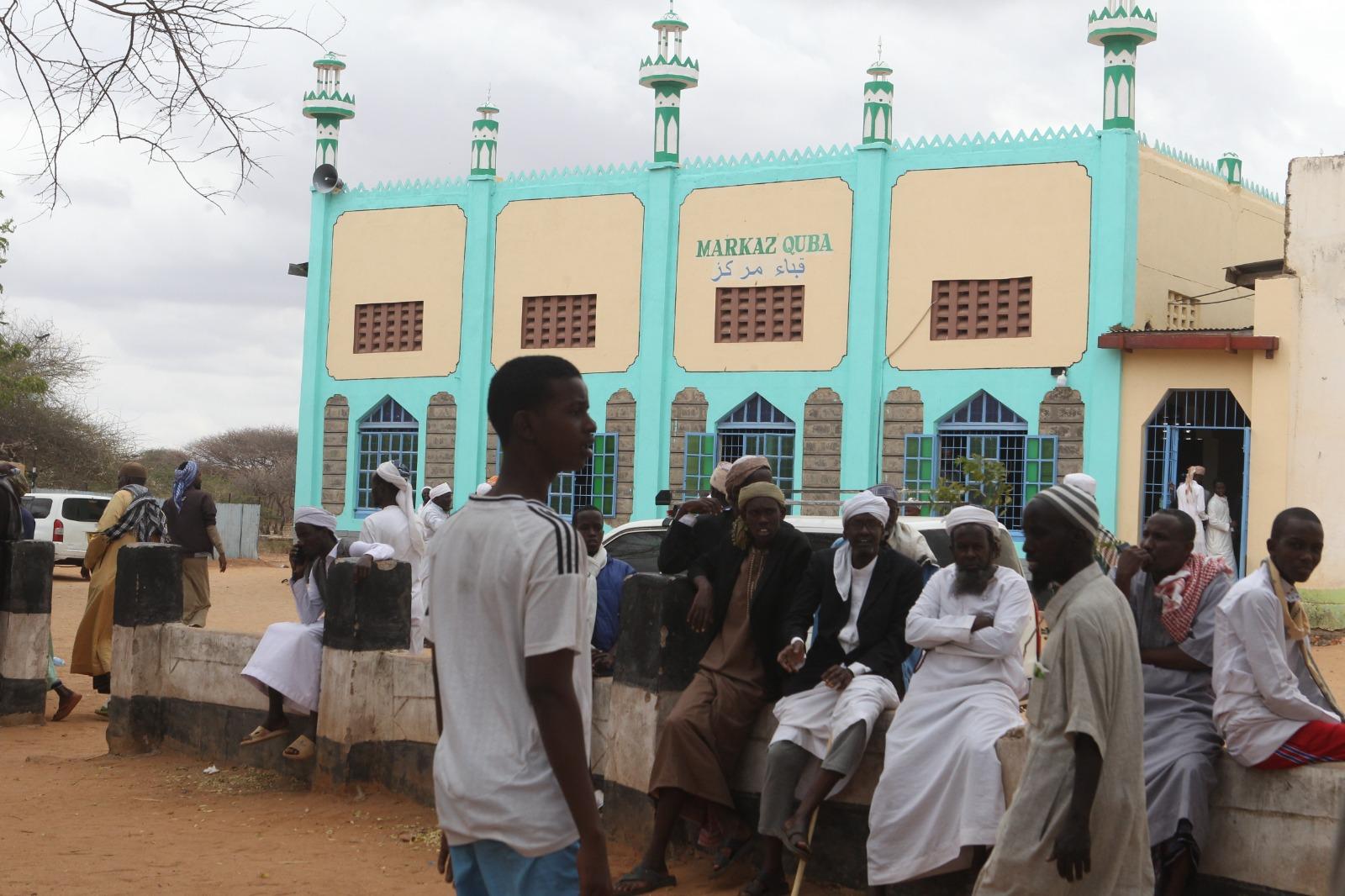Mandera and Marsabit lead in ECDE exclusion as 7.4 per cent of Kenyan children miss early learning
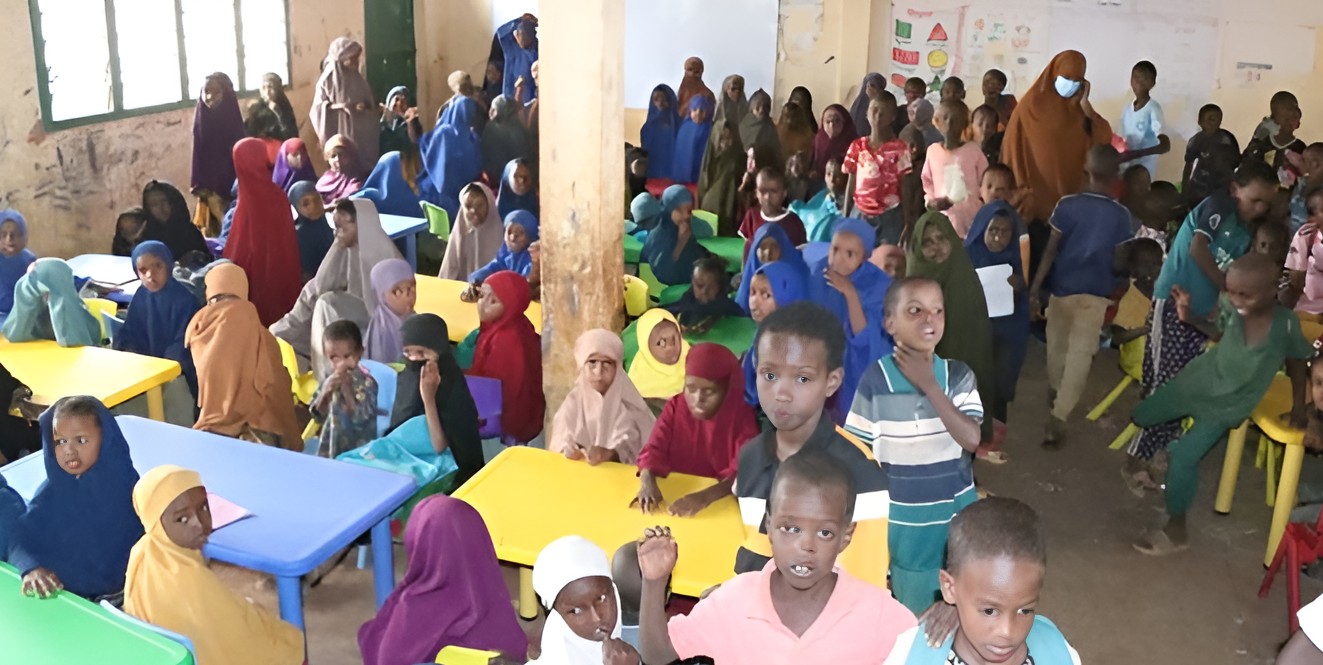
In Kenya, ECDE is overseen by county governments, with the national government responsible for policy direction, curriculum development, and overall support to the sector.
At least 7.4 per cent of children in Kenya are entering Grade 1 without having attended Early Childhood Development Education (ECDE), according to the latest state of education in Kenya report by Zizi Afrique Foundation and Usawa Agenda.
Released on Thursday, the report highlights significant disparities in access to foundational learning, with rural communities bearing the brunt more than their urban counterparts.
More To Read
- Senators warn poor infrastructure and neglect threaten ECDE, propose major reforms
- KUCCPS opens applications for diploma upgrade in teacher training
- Report exposes funding gaps, staff shortages and infrastructure failures in schools
- Kenya faces CBC crisis as teacher shortage surpasses 100,000 ahead of 2026 rollout
- PS Carren Ageng'o calls for stronger child protection in ECD schools
- Senators demand probe into ECDE conditions in Wajir as children study under trees
“Nationally, 7.4 per cent of children enrol in Grade 1 without prior ECDE experience,” reads the report, adding that rural areas have a higher exclusion rate of 8.4 per cent compared to 6.2 per cent in urban areas.
The report also reveals stark regional disparities in access to Early Childhood Development Education (ECDE).
Mandera County recorded the highest exclusion rate at 51.4 per cent, followed by Marsabit at 33.3 per cent.
In contrast, Kisumu and Nakuru counties had the lowest rates of exclusion, at 1.3 per cent and 1.8 per cent, respectively.
Among children currently in Grade 1 and above, 7.5 per cent of boys and 7.4 per cent of girls had never attended ECDE.
The attendance rate was slightly lower for children with disabilities, at 7.2 per cent, compared to 7.4 per cent for children without disabilities.
In Kenya, ECDE is overseen by county governments, with the national government responsible for policy direction, curriculum development, and overall support to the sector.
According to the report, growth in ECDE enrolment has been driven by policy reforms and increased investment in infrastructure.
Between 2018 and 2021, enrolment rose by nearly five per cent.
Infrastructure development has also seen progress. The number of ECDE centres increased from 46,623 in the 2022/23 financial year to 47,666 in 2023/24. Of these, 32,461 are public institutions, while 15,205 are privately owned.
Despite this progress, staffing remains a major challenge.
The number of ECDE teachers dropped significantly from 92,359 in 2019 to 69,561 in 2022.
The report further highlights a lack of reliable data on school readiness across the country.
The Kenya Institute of School Readiness Assessment (KISRA) notes that the absence of consistent monitoring systems hampers effective planning and support for early learning.
Top Stories Today
